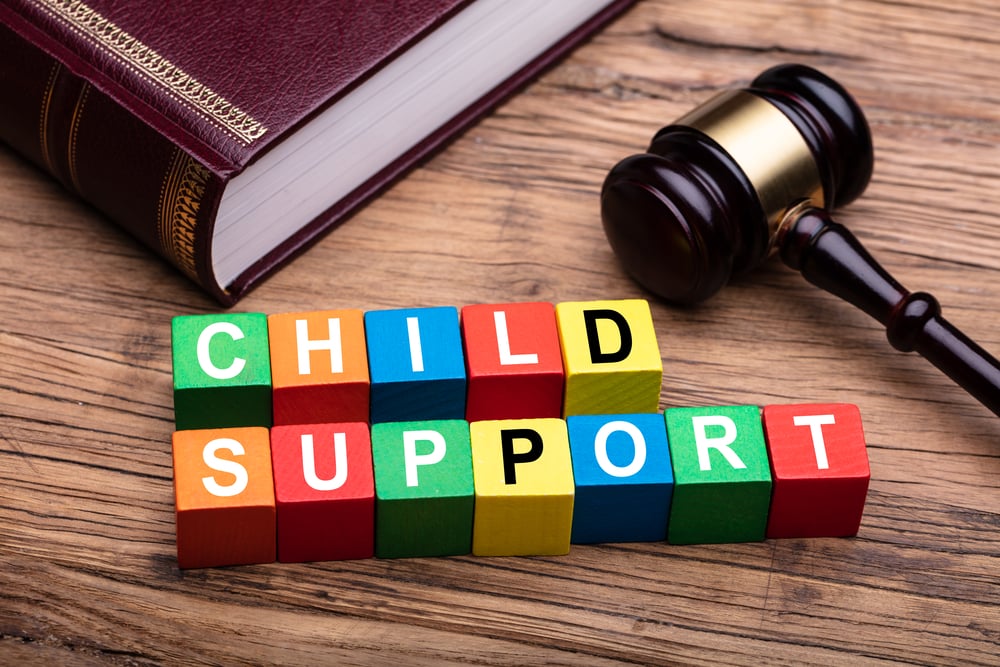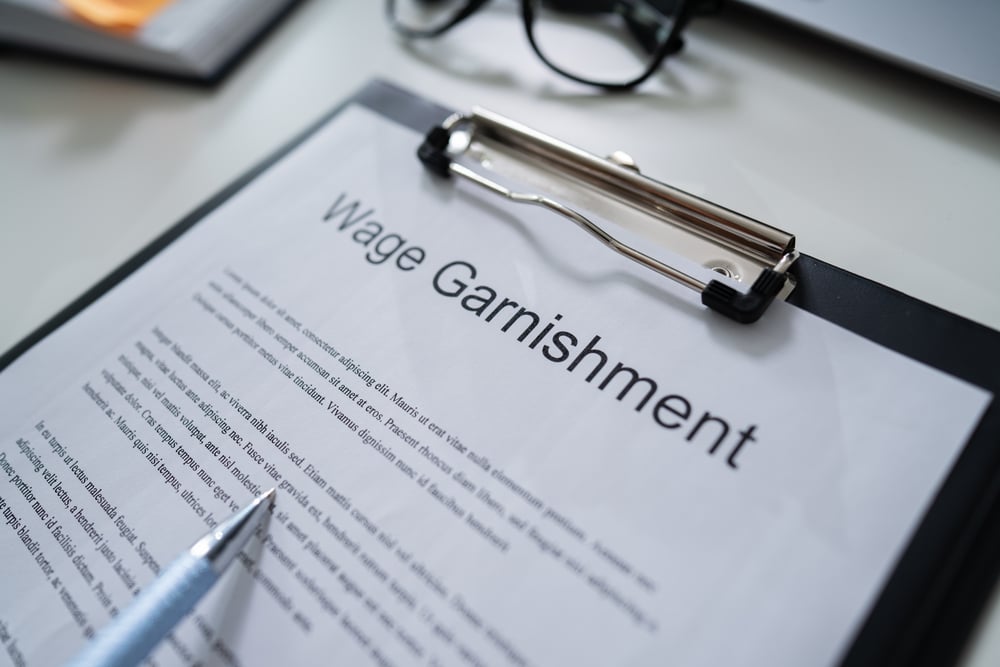
The IRS requires that you file your taxes by midnight on April 15. Even with this deadline set in stone, you may still be unable to get your taxes filed in time.

The IRS requires that you file your taxes by midnight on April 15. Even with this deadline set in stone, you may still be unable to get your taxes filed in time.

Identity thieves prey on unsuspecting victims throughout the entire year. However, as tax season approaches, these criminals ramp up their efforts to steal your identity and your money.
While you should always remain on guard against this threat, you should heighten your awareness and be ready to act during tax season. You can keep your identity, your money, and your future secure by understanding why and how these thieves operate, as well as what you can do to stop them.

Scammers and identity thieves are always on the lookout for easy targets. However, they are at their busiest during tax season. During this hectic time of year, these criminals launch realistic scams that aim to steal money and identities from unknowing individuals.
Read More >From start to finish, an IRS levy can take months, if not years to complete. After it notifies you of its intent to levy your earnings, the IRS can generally continue its collection efforts until it is paid in full.
Even so, you can protect yourself financially and legally by understanding how this process works. This information will help you determine if you should appeal the levy or if you can satisfy the debt through other means.

When couples divorce or separate, they must face the question of child support if they have minor children together. After the court has issued the order for this support to be paid, both parties then may wonder how this money will affect their income and their tax returns.
Read More >
With the Affordable Care Act in full effect, taxpayers understandably have concerns about how the ACA will affect their returns this year. In fact, this new health care law may have significant implications and even substantial penalties if you failed to comply fully with it.
Read More >
Under normal circumstances, creditors are limited when it comes to the amount of money they can take from your paycheck after a garnishment order has been issued. However, the IRS is not bound by normal garnishment protocol and thus can garnish your paychecks without a court order and without abiding by standards to which other creditors must adhere.

Being in default to the IRS is entirely different than owing money to a credit card company or a hospital. In fact, while most creditors must obtain a court order to garnish your income, the IRS can levy your wages without one.

Wage garnishments can take away vital income that you need to support your family. Because garnishments can last for weeks or months, this legal action taken by your creditors could make your current financial situation worse and also ruin your credit.
The rule of thumb generally demands that people who earn some sort of income must file taxes each year. However, if you plan on filing taxes for the first time this year, you may be uncertain of how the tax filing process actually works. Before you begin your returns, you would do well to understand some basic details that could work in your favor. These tips can financially and legally protect you during tax time this year.
11222 Richmond Avenue Suite 235, Houston, TX 77082
Copyright 2025 Top Tax Defenders. All Rights Reserved
